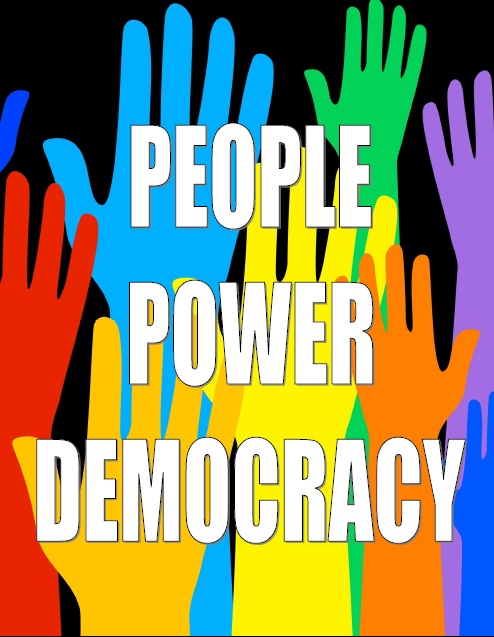A recent study conducted on the voting pattern of Nigerian electorates in the 2015 general elections shows that the source of the change of party in power was driven by voters and issues voters cared about.
Presenting the report, entitled ”Nigerian Party Competition During a Time of Transition and Terror”, at a public lecture organized by Centre for Democracy and Development, CDD, at the weekend, Prof. Carl Levan of American University, stated that issues that bothered voters and not those negatively framed against opposite parties informed the choice of voters in the election.
The study, which led the researcher into 50 interviews after traveling to 10 states by road, posited that the research also revealed that in states, the economic conditions were considered more salient and more important than religion during the election.
Levan, who described the defeat of the ruling party in the election as the game changer in Nigerian nascent democracy, posited that the outcome of the election was an affirmation that issues had started to count in elections.
He warned politicians to have a rethink towards embracing issue-based campaign, rather than issues negatively framed against the opposite parties which, according to him, may backfire at the end of the election.
‘‘One of the key findings from my research is that the source of that historic change of party in power was driven by voters and issues voters cared about.
‘‘Nigerian democracy is no longer the nascent democracy it was. Certainly, the defeat of a ruling party after 16 years truly was a milestone.
‘‘The lesson politicians must learn from 2015 elections is that negatively framed issues can backfire. Issues have really started to matter in Nigeria and when the issues were negatively framed against the opposite party; those kinds of issues tend to backfire.
‘‘Also another issue that was of great concern to Nigerians persuasively was economy and security in 2015. I cannot say that will be same issue in 2019 but that is very important.
”However, it is encouraging to say that electoral integrity is very important and more about the issues valued by the parties.
‘‘Across the five issues I looked at, there was significant difference between what the parties talked about in their campaigns. I think those things matter.’’
According to report, security and terrorism did not matter as expected in the election but the activities of the Bring Back Our Girls, #BBOG movement affected the fortunes of the then ruling PDP.
‘‘I found out that security and terrorism mattered a little bit than expected in the election. Though, there is no doubt it matter somehow. There is no doubt that the BBOG cut down the credibility of the PDP.
‘‘There is plenty of time left for the economy and the security situation to change. What voters care about and talk about is what politicians should focus on,’’ Prof. Levan said.
On the take away into 2019 elections, he said: ‘‘The result I showed are only relevant for 2015 but they are important lessons for 2019.
‘‘One of those lessons is that parties really need to talk about issues and need to think strategically on what the right issues are for winning.
‘‘I do not think we know issues that are going to determine 2019 elections because the parties are just coming together. What they need to think about based on that fact I represented is that they need to think about the issues that they campaign on,” he said.
He urged political parties not to undermine internal party democracy, stating that the issue of party primaries also bothered voters.
Levan submitted further ‘‘Voters want fair, transparent and competitive internal party primaries just as they want fair and competitive national elections.
”I think Nigerian citizens seem to have learned from my research to vote by what they want and apply it in their pattern of voting and this is what the parties must know.”
In his own submission, Prof. Jibrin Ibrahim, a Senior Fellow, CDD, said the statistical analysis of the 2015 elections showed that one could actually do a scientific analysis on the basis on which Nigerians voted in an election.
For him, the analysis showed hope for improved elections and deepened democracy in Nigeria.
On party competition, he called on the ruling party to provide a level playing field for all parties.
‘‘We need an election where both the ruling and opposition parties have a fair chance of winning. That means those in power do not use their desperation to maintain power by ensuring there is no playing ground.
‘‘But the message is that there was significant improvement in the 2011 election and in 2015, the improvement in the quality of elections went up.
‘‘What the report is telling us is that you cannot win power simply on the basis of disrupting the rules of the game, you have to convince voters and those voters have to vote for you to be able to hold power,’’ said Ibrahim.

